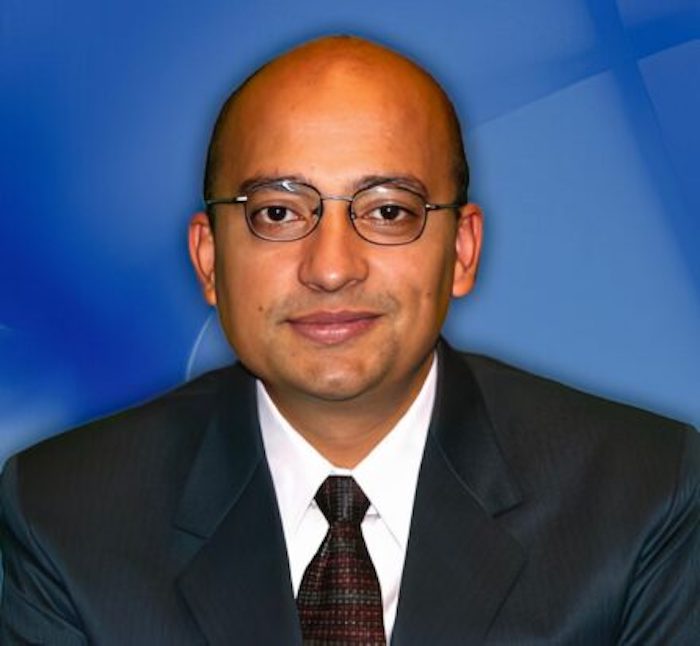Mazumder uses power electronics to improve electrosurgery
Mazumder uses power electronics to improve electrosurgery

Professor Sudip K. Mazumder, doctoral student Congbo Bao, and Ankit I. Mehta, a neurosurgeon with University of Illinois Health, have summarized a way to control the power of electrosurgery tools to make them more precise. Their interdisciplinary work was featured as the cover story in the December 2023 issue of IEEE Power Electronics magazine.
The work evolved from a National Institutes of Health grant with Mazumder as a co-principal investigator, “CPS: Autonomous attainment of tissue-centricity in electrosurgery through data-driven persistently evolving thermogeometric adaptivity.”
Unlike conventional surgery, which relies on sharp scalpels, electrosurgery can not only allow surgeons to precisely cut tissue, but also vaporize tumors and coagulate blood. Controlling the delivery of energy to an electro-scalpel is critical, and dedicated electrosurgery generators have continuously improved in weight, size, functionality, and safety.
“In order to transfer energy to a biomedical tissue for the expected surgical effect, a precision-power high-frequency inverter is imperative,” Mazumder said. “Power electronics plays a significant role in the advancement of electrosurgery generators, which is a key enabler of electrosurgery.”
Wide-bandgap semiconductors, such as gallium nitride or silicon carbide, have higher switching frequencies and reduced power loss, which have contributed to the ability to miniaturize electrosurgery generators.
Mazumder’s team has added adaptive control to a gallium-nitride inverter, that can allow surgeons to use thermal sensing and impedance estimation to adjust power levels based on real-time feedback. This can improve surgical outcomes. In conventional electrosurgery, these power levels are typically preset and cannot be manipulated.
Mazumdar hopes these developments will lead to a new field of biomedical power electronics.